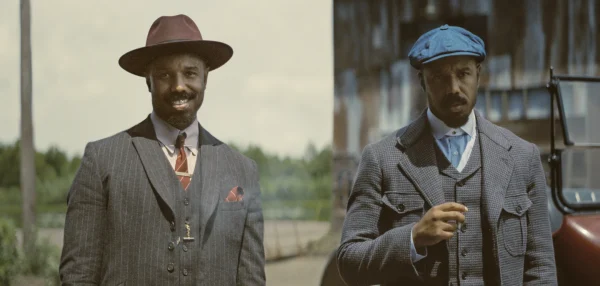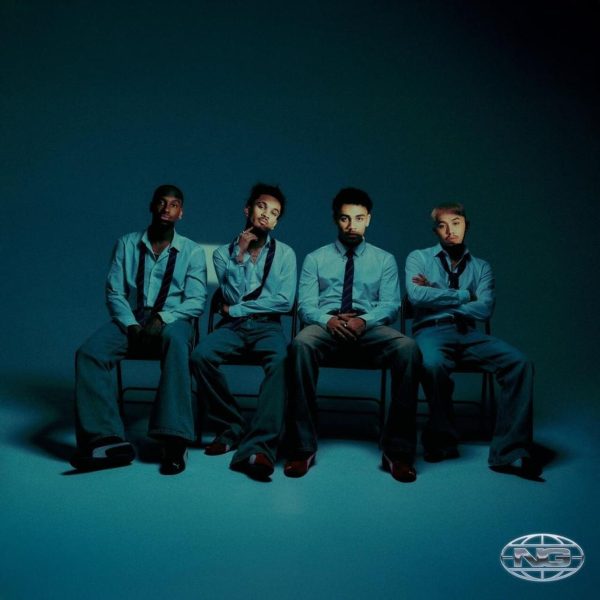ICM British Invasion: Not the music you’re thinking of
When first assigned to cover the Classical British Invasion concert series, the 1960s came to mind: The Beatles, The Rolling Stones, The Animals, The Kinks, The Dave Clark Five. After all, that was decades ago. And there have been several “British invasions” since then. It happened in the early 1980s with U2, Billy Idol, The Kinks again and Def Leppard. Adele, One Direction, and Mumford and Sons’ constituted one in every seven records sold in 2012. It was an easy mistake to make, is what I’m trying to say. My confusion drew a knowing smile from Roger Kugler., D.M.A, director of the International Center for Music.
“I think one of the things that determine whether or not something’s classical is its endurance. Whether or not you like the Beatles, it’s classical; their music is going to endure for ages just because they were so innovative. The music you heard yesterday was innovative. It’s classical in the sense it will last for ages. It has,” said Kugler.
As the crowd prepared for Sunday evening’s concert at the 1900 Building in Mission Woods, some of my fear began to dissolve. A quick joke about the last minute change to the performance order and a portion of the crowd helping to grab more chairs all contributed to the feeling of a freely evolving shared experience that carried throughout the concert.
“We, as humans evolve, our art evolves, culture, tech, evolves. Virtually all the pop music today is built on the principles of music that came before it. You could pick any period of any art form and pick any great innovative artist and that’s what survives,” said Kugler.
One thing that made featured composer Johannes Brahms unique was his place at the start of this tradition of evolution.
“During the time from the Renaissance to the early Classical period (the music you heard yesterday is from the romantic period), when a composer died people stopped playing their works. It wasn’t until the 1820s that people started resurrecting the great works by great composers that preceded them. You started having concerts of music by those composers that had died and also living. These works became standard, acceptable, major works of art that are still cherished today,” said Kugler. So, in a way, my assumption I’d be listening to some classic hits from rock legends was correct.
“This was absolutely popular, the musicians who performed these works and the composers who wrote them were rock stars of their day,” said Kugler.
Beyond the joy of being a part of living history, the technical musicality exhibited was breathtaking.
“Think about what these musicians did yesterday, all these thousands and thousands of notes they played. And how many mistakes did they make? In what other form of public performance of any kind can people do that with that kind of precision?” said Kugler.
Composed of close to 90 percent international students, the ICM specializes in world-class performance art. They don’t offer general education music classes. Their certificate and degree programs are geared toward professional performance on the world stage.
“Every penny paid for ticket purchases comes back to the International Center for Music. Scholarships mostly, some operating expenses; our students get tuition, pretty much like athletics, based on talent and potential. They audition to get in here,” said Kugler.
Brahms’ Sonatas for violin, viola and cello was not a concert I ever saw myself attending before. Now I know if I hadn’t, it’s one I’d regret missing forever. There are two more nights to the concert series, October 20 and 21, featuring several more composers and world-class performers. If you can’t make it, check out ICM’s page on Park’s website for the concert schedule for the rest of the year, or just search for ICM 2018 schedule. If you can’t get to Mission Woods, they have concerts on campus in the chapel as well. It’s an opportunity to be a part of history, hear flawlessly executed music by world-class performers, support Park and future generations of musicians, and see something you might never have seen before, or again.
“Try it, you might like it,” said Kugler.
Your donation will support the student journalists of Park University. Your contribution will allow us to cover our annual website hosting costs, freeing up other funds for equipment, printing and training.






